AMD quickly followed up the Ryzen 9 7950X with the 7950X3D with fewer than 6 months between them. The latter is the first asymmetrical Zen chip featuring a 3D V-Cache and a vanilla Zen 4 die. In addition to the L3 cache, the two differ in core frequencies and power consumption. The V-Cache die has a lower boost clock (~5GHz to 5.2GHz) and, therefore, a lower power consumption. Its counterpart, however, boosts as high as 5.75GHz, drawing the same amount of power as the 7950X CCD.
| AMD Ryzen 9 7950X3D | AMD Ryzen 9 7950X | AMD Ryzen 7 7800X3D | Intel Core i9-13900K | |
|---|---|---|---|---|
| CCDs | 2 | 2 | 1 | 1 |
| Cores/Threads | 16/32 | 16/32 | 8/16 | 24/32 |
| Base Clock | 4.2GHz | 4.7GHz | 4.2GHz | 3.0GHz |
| Boost Clock | 5.7GHz | 5.7GHz | 5.0GHz | 5.8GHz |
| L3 Cache | 32MB+32MB+64MB | 32MB+32MB | 32MB+64MB | 36MB |
| Power | 120 watts | 170 watts | 120 watts | 253 watts |
| Socket | AM5 | AM5 | AM5 | LGA1700 |
| Price | $662 | $549 | $369 | $543 |
Test Bench
- Motherboard: Gigabyte Aorus Master X670E
- Memory: DDR5 16GB x2 @6,000MT/s CL36 (EXPO)
- Heatsink: Noctua NH-D15
- GPU: GeForce RTX 4090 FE
- PSU: Corsair HX1000i Platinum
Ryzen 9 7950X3D vs Ryzen 9 7950X Gaming Benchmarks
In traditional rasterized games, the Ryzen 9 7950X3D quickly distinguishes itself, beating the 7950X in every test by a sizable margin. Right off the boot, it is 22% faster than the latter in Assassins’ Creed Valhalla at 720p and 1080p. Cyberpunk 2077 is more GPU bottlenecked, and the two chips perform roughly the same.
Dying Light 2 favors the 7950X3D even more. The 3D V-Cache part is nearly 50% faster than the 7950X in this game at the ultra preset at 720p. Hitman 3 is a more moderate affair with a single-digit delta between the two CPUs.
In Shadow of the Tomb Raider, we see a massive 32% difference in the frame rates of the two CPUs. The deltas shrink to 14% in Callisto Protocol, while Tiny Tina’s Wonderlands exhibits similar numbers.
Ryzen 9 7950X3D vs Ryzen 9 7950X Ray Tracing Benchmarks
The deltas are notably smaller in ray-traced titles, as the GPU does much of the heavy lifting. The two chips are equally fast in Crysis Remastered, while Cyberpunk 2077 sees the 7950X3D take an 11% lead over the 7950X at 720p.
In Dying Light 2, the Ryzen 9 79509X3D is 20% faster than the Ryzen 9 7950X at 720p. At 1080p, the two CPUs are limited by the GPU, offering the same frame rates. F1 2022 and Hitman 3 see a minimal delta of 5-10% between the processors, as does Metro Exodus.
Benchmarks continue on the next page…
Shadow of the Tomb Raider continues to heavily favor the Ryzen 9 7950X3D, leading the 7950X by 25% and 22% at 720p and 1080p, respectively. The Callisto Protocol runs notably better on the X3D, with a 20-22% lead over the 7950X.
Ryzen 9 7950X3D vs Ryzen 9 7950X: Frametimes (Smoothness)
Frametimes represents the time taken to render frames through the benchmark. The more consistent the frametimes, the smoother the gameplay.
The Ryzen 9 7950X3D runs slightly smoother than the 7950X in Shadow of the Tomb Raider and Cyberpunk 2077 with higher frametimes.
The frametimes are all over the place in Metro Exodus EE on both CPUs, but the 7950X3D experiences higher spikes than the 7950X. The Callisto Protocol is known for its horrible performance. Barring a few outliers, however, the two chips offer similar frame times in this title.
Conclusion
The Ryzen 9 7950X3D is clearly the better gaming CPU. At the same time, it’s worth remembering that both chips deliver over 200 FPS in CPU-bound scenarios, even closing in on the 400 FPS mark in Shadow of the Tomb Raider and Dying Light 2. If you’re on a Ryzen 9 7950X, 7900X, or even the 7700X, you’re unlikely to “feel” a notable improvement in gaming performance with the 7950X3D. On the other hand, if you’re upgrading from a Ryzen 5000 part (barring the 5800X3D), you’re in for a treat.
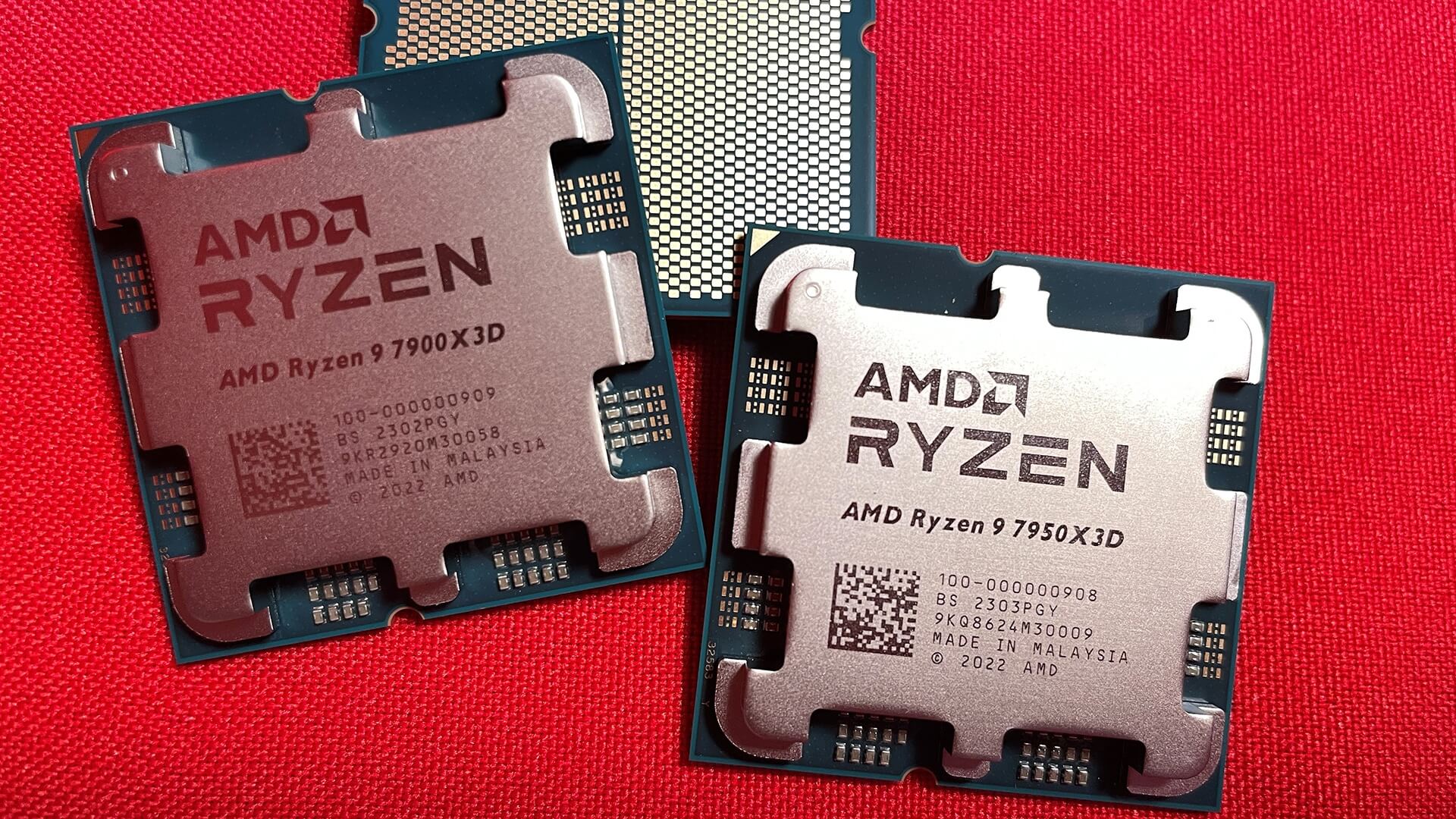
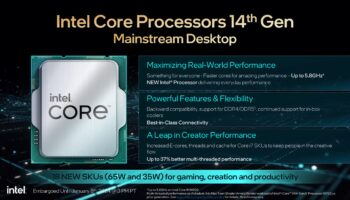 13th Gen i9-13900K is ~30% Slower at Intel Spec than Board Partner “Optimized” Power Limits
13th Gen i9-13900K is ~30% Slower at Intel Spec than Board Partner “Optimized” Power Limits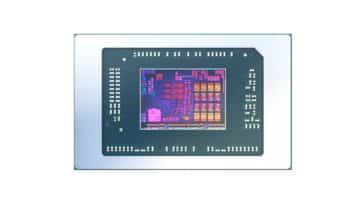 AMD Ryzen 9000 “Strix Point” CPU: Nearly As Fast as Intel’s Core Ultra “Meteor Lake” at 1.4 GHz
AMD Ryzen 9000 “Strix Point” CPU: Nearly As Fast as Intel’s Core Ultra “Meteor Lake” at 1.4 GHz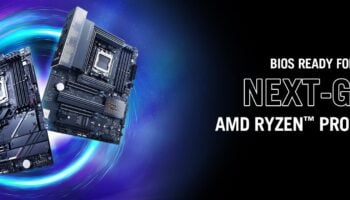 ASUS X670/B650/A620 Motherboards are Ready for AMD’s Ryzen 9000 “Zen 5” CPUs
ASUS X670/B650/A620 Motherboards are Ready for AMD’s Ryzen 9000 “Zen 5” CPUs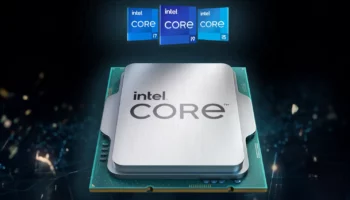 14th Gen Core CPUs 10%+ Slower with Intel’s Spec Power Limits, Falls Behind the Ryzen 9 7950X
14th Gen Core CPUs 10%+ Slower with Intel’s Spec Power Limits, Falls Behind the Ryzen 9 7950X